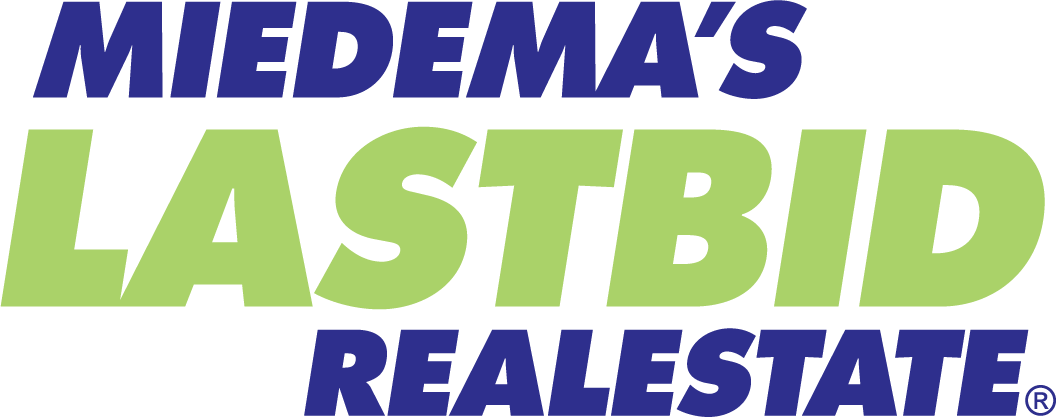FREQUENTLY ASKED QUESTIONS
Familiarity leads to smooth transactions. We want to make sure that you are comfortable with LASTBIDrealestate.com and the online auction process as well as have all your questions answered so that your experience buying real estate at online auction is a positive one. Our frequently asked questions list is an extensive compilation of actual questions that have been asked, organized so that you have the information you need to be an informed, confident bidder. If you don’t see your question on the list, fill out the “Ask A Question” form below and we will get back to you as soon as we can. We want to provide you with a smooth transaction, meeting and exceeding all your expectations!
RESOURCE CENTER
Click on any of the questions below for answers to our most frequently answered questions
Ask A Question
Use the form below to ask a question
Looking for More Information?
Please visit our What We Do or Contact Us pages!
How do I Register?
Registration is easy. Simply Click Here and proceed to complete the easy steps. This will generate a username/password that will allow you to access all of our auction sites, as well as our licensed auctions. Please refer to our Privacy Policy regarding protection of your personal information. You will be ready to start bidding on an online real estate auction in no time!
>What should I do if I get a Credit Card isn't Valid message during the registration process or when bidding for the first time?
>Is my information safe?
>What if I forget my username/password?
Don’t worry, this happens to everyone at one time or another.
- First, click the logo at the top of the page of the company you’d like to bid with.
- Next, click “Log-In” on the top side of the page.
- Then, click the link to retrieve your password (above the user name and password boxes).
- The page will require your username and will ask for the answer to the ‘hint question’ that you answered upon creation of your account.
note: If your account was created before November 2009, or if you simply don’t know your username, simply call 866-672-4806 to have your password information reset.
>Do I need to register for each online auction?
You need only to register once for our online auctions. At that time you will chose a username and password which is good for all of our online auctions. Occasionally, on high profile properties, we may require pre-approval for bidding, but you will not need to re-register.
> Can I inspect the property?
>How do I place a bid?
>What is a bid increment?
A bid increment is the required raise in bid price. For example if the current bid is at $50,000 and the bid increment is $1,000, the next acceptable bid would be $51,000 or more.
>Can I bid on more than one property at a time?
>Can I cancel my bid?
>Can someone else bid for me?
>I won’t be by a computer on auction day, can I still bid?
>Why does the bidding continue past the closing time?
>Is this an absolute auction?
>What is a buyer premium?
>I was the high bidder, now what happens?
You will be contacted by a LASTBIDrealestate.com staff within 24 hours to coordinate execution of the purchase documents and the down payment on the property. We will then contact the seller for confirmation of the sale and coordinate their execution of the Buy/Sell agreement within 10 business days. Your down payment will be deposited in escrow. You will have 30 days to arrange closing on the property.
>What is this property “worth?”
>Do I get marketable title?
>Do I get title insurance?
>Who pays taxes?
>What is a short sale auction?
A short sale auction takes place when a lender agrees to sell a property for a lower price than the outstanding remaining balance on the mortgage or loan.
>How much is my deposit?
>Can I use a credit card for the down payment?
No. Due to final nature of a real estate auction, down payments must be in the form of wire transfer or cashier’s check.






